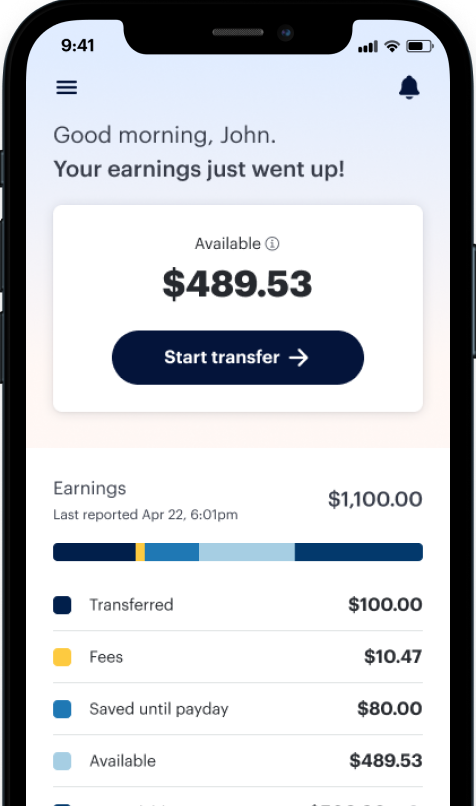Looking to curb your food budget? We’ve rounded up seven simple ways to prevent overspending on grub.
1. Start meal planning.
This sounds obvious but it’s worth mentioning. Planning ahead for meals can help keep your food spending in check. This includes avoiding the supermarket on an empty stomach. Research from the University of Southern California found that hungry customers spent over 60% more than less hungry shoppers. They also bought more non-food items.
It drives home the importance of making a plan ahead of time. Set aside time every weekend to meal plan for the week ahead. What items do you already have in your kitchen that you can build your meals around? Thinking this way can help shorten your shopping list.
2. Buy in bulk
You might save even more buying food necessities in bulk. Meat and bread and grain products appear to yield the greatest savings, according to one CouponFollow study. Bulk shopping might also help you eat better. The same study found that for over 70% of food products, buying the organic version in bulk actually cost less than purchasing the non-organic version individually. Your local big box stores are a good place to start. Some charge an annual membership fee, but it could be worth it if you ultimately save money over the course of the year.
3. Take advantage of sales.
Scan the weekly flyers for your local grocery stores to see what deals might be available. You can use this information when creating your weekly meal plan. Keep an eye out for buy-one-get-one promotions and other savings opportunities. You can also use this time to stockpile your pantry or freezer. If, for example, you come across a good deal on normally pricey items like meat, chicken or pork, you can buy it now, then park it in the freezer and use it later in the month. Also check and see if it’s worth downloading supermarket apps. Some stores offer digital coupons, rewards and other perks.
4. Plan ahead for eating out.
Saying that you’re going to cook all your meals at home probably isn’t realistic. Life gets busy, and sometimes hitting up a take-out order just makes life easier. Beyond that, eating out at restaurants may be a part of your social life you really look forward to. The idea is to simply find ways to save. Revisit your budget to see how much money you’re currently allocating each month to discretionary spending (a.k.a. fun money). Making it a line item on your budget can be helpful because you’ll know how much you can spend each week on eating out.
5. Take advantage of restaurant promos.
Check to see if any local restaurants offer recurring promos. This could include everything from a weekly kids-eat-free night to regular deals around certain menu items. It all depends on the establishment. Following their social media accounts could clue you in to upcoming promotions. You might also find discounts for students and veterans at nearby eateries.
6. Brown-bag your lunch.
Grabbing a quick lunch on the go may not feel like much, but doing it all the time can add up. A $6 daily splurge works out to $2,190 per year. We get it—when you’ve been working all morning and your lunch hour finally rolls around, it’s tempting to order take-out and call it a day. But packing your own lunch can help keep more money in your pocket. This requires a little time and effort, but your wallet might thank you for it.
7. Make enough for leftovers.
This goes hand in hand with brown-bagging your lunch. When meal planning for the week ahead, you might consider cooking a little extra at dinnertime so that you have leftovers waiting for you in the fridge. It can make for a quick and easy grab-and-go lunch the next day. Alternatively, you can repurpose leftovers for the next evening’s dinner. This means preparing fewer meals (and hopefully saving some money in the process).
4. Plan ahead for eating out.
Saying that you’re going to cook all your meals at home probably isn’t realistic. Life gets busy, and sometimes hitting up a take-out order just makes life easier. Beyond that, eating out at restaurants may be a part of your social life you really look forward to. The idea is to simply find ways to save. Revisit your budget to see how much money you’re currently allocating each month to discretionary spending (a.k.a. fun money). Making it a line item on your budget can be helpful because you’ll know how much you can spend each week on eating out.

